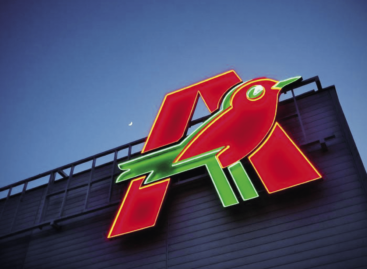GKI analysis: Russian gas exposure – Could it be otherwise?
Hungary’s exposure to Russian energy, which can be traced back to the infrastructure built during the Cold War, causes significant vulnerability from both a political and economic perspective. However, Russian gas dependence did not develop only in Hungary: after the dissolution of the COMECON, other countries in the region also found themselves facing a similar problem.
Some of them recognized the risks of the situation sooner or later. The Baltic countries woke up in 2014, following the Russian occupation of the Crimean Peninsula, and subsequently almost completely disconnected from Russian gas. At that time, only Slovakia among the Visegrad countries recognized the dangers of exposure: the government in Bratislava reduced Russian gas imports by 44% in one year. The Poles and the Czechs needed a little more time, but after the war in Ukraine in 2022, they also almost completely stopped importing Russian gas.
Infrastructure development, the construction of LNG terminals and the rise of renewable energy sources, as well as the decline of energy-intensive industries, contributed to independence in varying proportions. At the same time, re-export (i.e. the purchase of Russian natural gas (LNG) under a different flag) cannot be neglected either. However, the domestic government chose a strategic energy policy: neither Russian gas nor Russian oil imports have decreased significantly in recent years.
The Hungarian government’s main argument for maintaining dependence was previously cheapness, and then (when it turned out that Russian natural gas is even more expensive than other sources) it put economic rationality at the forefront of its communication. The main argument was that without Russian gas, the Hungarian economy would be paralyzed and a significant economic downturn would occur.
Related news
Retail sales growth accelerates in Russia, unemployment at historic low
🎧 Hallgasd a cikket: Lejátszás Szünet Folytatás Leállítás Nyelv: Auto…
Read more >Retail sales growth accelerated in Russia, unemployment stagnated
🎧 Hallgasd a cikket: Lejátszás Szünet Folytatás Leállítás Nyelv: Auto…
Read more >Related news
Costume hunt begins: Auchan explodes with brutal carnival offer
🎧 Hallgasd a cikket: Lejátszás Szünet Folytatás Leállítás Nyelv: Auto…
Read more >









